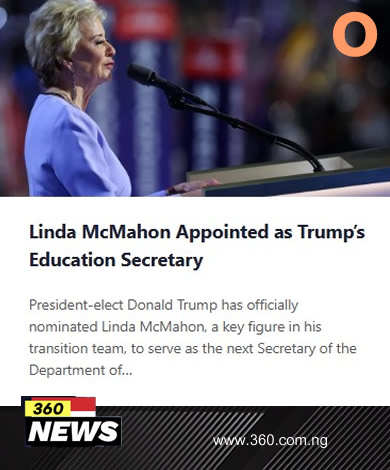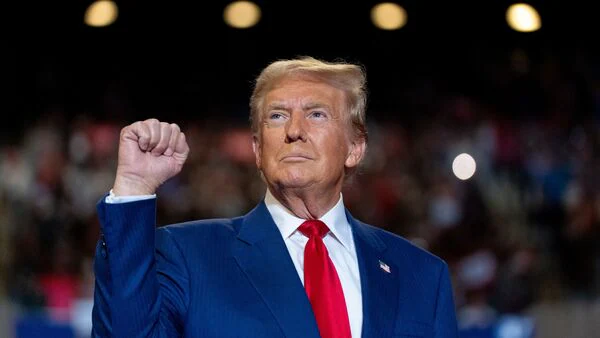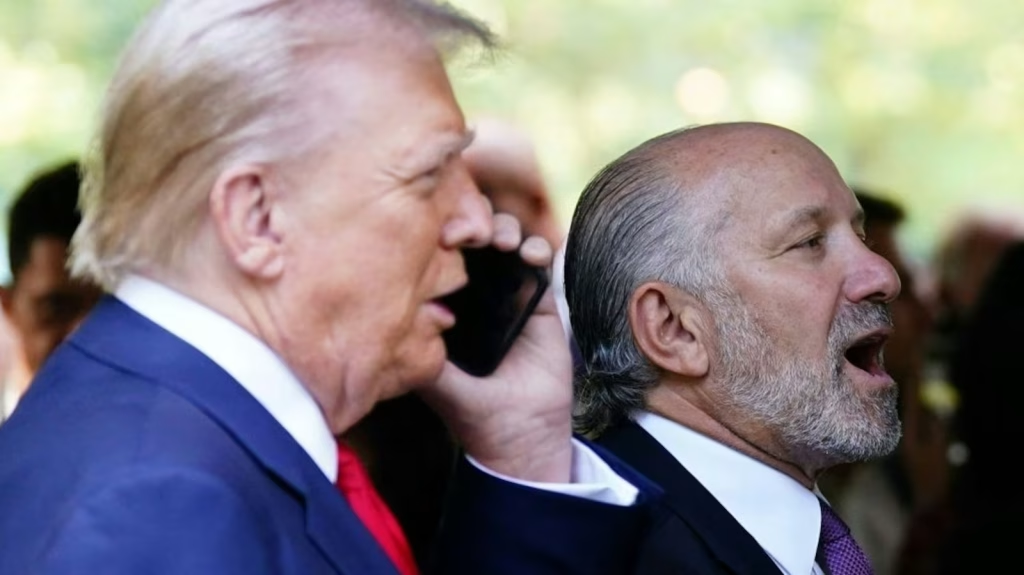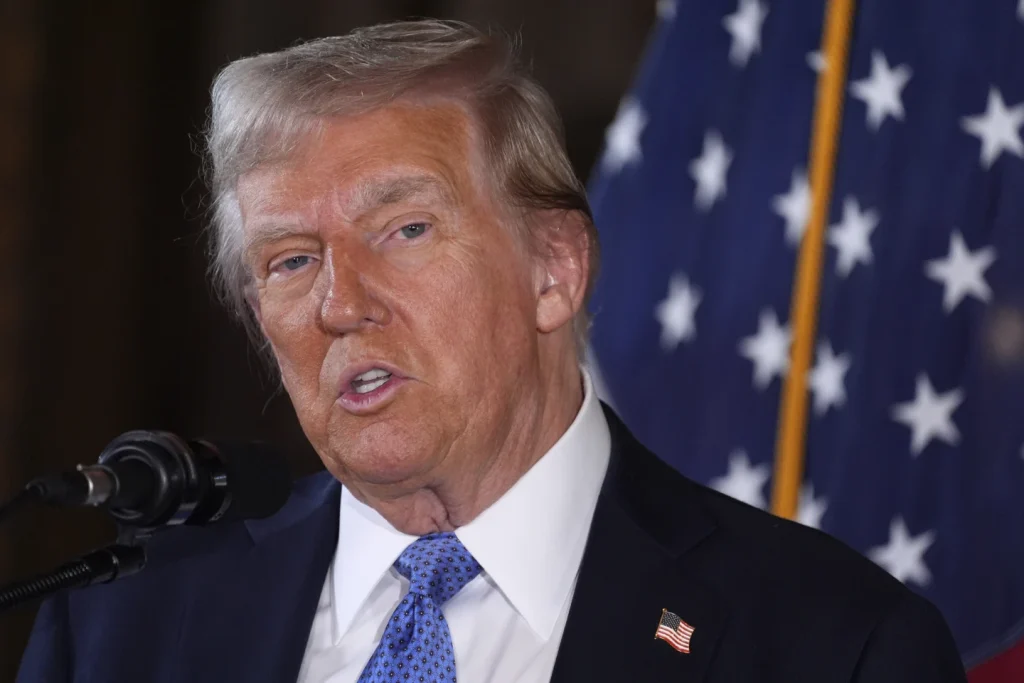Linda McMahon Appointed as Trump’s Education Secretary
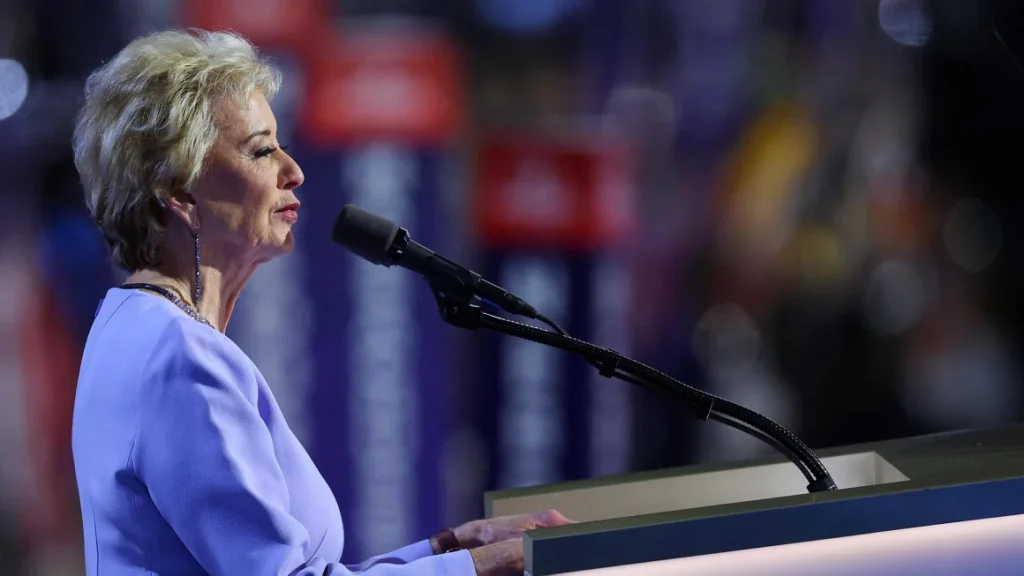
President-elect Donald Trump has officially nominated Linda McMahon, a key figure in his transition team, to serve as the next Secretary of the Department of Education.
McMahon’s selection came after it became clear that she would not be chosen for the role of Commerce Secretary, a position Trump later awarded to Howard Lutnick, his other transition co-chair.
Lutnick, the CEO of Cantor Fitzgerald, had previously entered the mix for the Treasury Secretary role, sparking a competitive race with hedge fund manager Scott Bessent.
In his announcement, Trump praised McMahon’s extensive leadership experience and her deep understanding of both education and business.
He stated, “Linda will use her decades of leadership experience to empower the next generation of American students and workers and make America number one in education in the world. We will send education back to the States, and Linda will spearhead that effort.”
This reflects Trump’s long-standing goal of decentralizing federal education control and returning more power to state and local governments.
Linda McMahon is a well-known Republican donor and a former executive in the world of professional wrestling. She served as the administrator of the U.S. Small Business Administration (SBA) during Trump’s first term, a role she held from 2017 until 2019.
After stepping down, she became the chair of America First Action, a super PAC supportive of Trump’s agenda, and is currently the board chair of the America First Policy Institute (AFPI), a think tank focused on crafting policy ideas for Trump’s potential second term.
The AFPI, which McMahon co-founded in 2021 with Trump advisers like Larry Kudlow, has raised millions of dollars since its inception. The institute is considered by some as a “White House-in-waiting,” positioning itself to influence the policy direction of a second Trump administration.
McMahon’s nomination to the Education Secretary position may hold particular significance, given Trump’s previous calls for the abolition of the Department of Education.
While it remains highly unlikely that the entire agency will be dismantled—given its role in overseeing federal funding for public K-12 schools and managing the nation’s $1.6 trillion student loan portfolio—it is expected that McMahon will focus on reducing the federal government’s influence in education.
This could involve shifting certain programs to other agencies or providing more education funding directly to states with fewer federal regulations.
During his campaign, Trump repeatedly vowed to scale back federal oversight of education, and McMahon is seen as someone who could carry out this vision.
In practice, this might involve transforming existing programs or stripping back regulatory power from the Department of Education in favor of states and local authorities, which would have greater discretion over how federal money is spent.
Under McMahon’s leadership, the department could also potentially revisit some of the changes implemented by the Biden administration, particularly about Title IX.
This set of regulations, which expanded protections for LGBTQ+ students, could be revised to reflect Trump’s stance on gender and sports.
Trump has been vocal about his opposition to trans students participating in girls’ sports teams, and his education department under McMahon could issue new rules to restrict such participation in line with Trump’s campaign promises.
McMahon’s background in business and media adds an intriguing dimension to her role as the head of the Department of Education.
Before her public service, McMahon was the CEO of WWE (World Wrestling Entertainment), a company she co-founded with her husband, Vince McMahon.
Under her leadership, WWE transformed from a niche entertainment business into a major publicly traded media conglomerate. McMahon stepped down as CEO in 2009, after which she focused on her political career and business ventures.
Despite her experience in business and administration, McMahon has faced setbacks in her political career. She ran unsuccessfully for the U.S. Senate from Connecticut in 2010 and 2012, both times self-funding her campaigns to the tune of tens of millions of dollars. In 2012, Trump supported her Senate bid with a $5,000 contribution.
Throughout her political journey, McMahon has been a significant Republican donor, contributing millions to Trump’s political campaigns.
In 2016, she donated over $7 million to two pro-Trump super PACs, further cementing her status as a prominent backer of the former president’s political aspirations.
As the head of the Department of Education, McMahon’s leadership will likely face challenges, particularly as she works to implement Trump’s vision of educational reform.
The department’s current role in administering federal funding to schools across the country is crucial, and any attempt to limit its authority could provoke significant debate.
Despite these challenges, McMahon’s position within the Trump administration suggests that she will play a central role in shaping the future direction of American education policy.
In conclusion, Linda McMahon’s appointment as Secretary of Education is a strategic move for President-elect Trump, reflecting his commitment to shifting educational authority away from the federal government and empowering states.
As someone with substantial leadership experience and ties to the Trump administration, McMahon is poised to influence the future of education in the United States, potentially reshaping the Department of Education to fit the president-elect’s broader goals of deregulation and state-driven reforms.
Picture News
